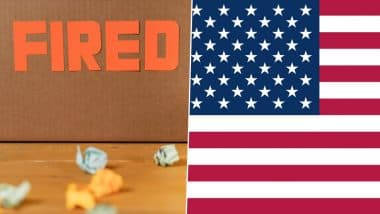
Electric car owners have been given one final chance to check whether they are able to get one final year of free road tax before a major DVLA change. From April 1, 2025, the tax exemption currently given to all electric vehicles will end, with more than a million drivers having to pay for the first time. However, Sam Sheehan, Motoring Editor at the used car selling platform cinch , suggested that the 1.
4m electric car owners in Britain could be able to get another year's free road tax if they act today. He advised: "By simply renewing your road tax before the deadline, you can secure another 12 months of road tax for nothing. For EV drivers who act quickly, this is a big cost-saving strategy that will help keep their annual motoring costs down for another year.

"For EV drivers, the road tax renewal process is very straightforward. All they need to do is visit the Government website and enter the 11-digit reference from their car’s logbook (V5C) by 31 March 2025." In order to give drivers enough of an opportunity, the DVLA allows motorists to renew their road tax up to two months in advance of its expiry date.
As a result, electric vehicle owners who are set to pay for their road tax for the first time in April or May 2025 are able to tax their car today, just hours before the exemption ends. Doing so will help drivers delay paying the flat tax rate applied to all cars aged from two to 40 years old, which currently stands at £195 per year. While the Society of Motor Manufacturers and Traders (SMMT) noted that electric cars accounted for more than a quarter of the new car market in February 2025, John Cassidy, managing director of sales at Close Brothers Motor Finance, noted that the removal of the tax exemption could see demand fall considerably.
He added: "The decision not to reverse plans to apply Vehicle Excise Duty (VED) to electric vehicles (EVs) from April will be a difficult one to stomach for motorists. "Private demand is not where it needs to be as the initial costs of EVs, poor charging infrastructure and concerns over electricity bills put prospective buyers off. This will also make the Government’s targets, such as the Zero Emission Vehicle (ZEV) Mandate and the proposed 2030 ban on new petrol and diesel vehicles, harder to achieve.
".














